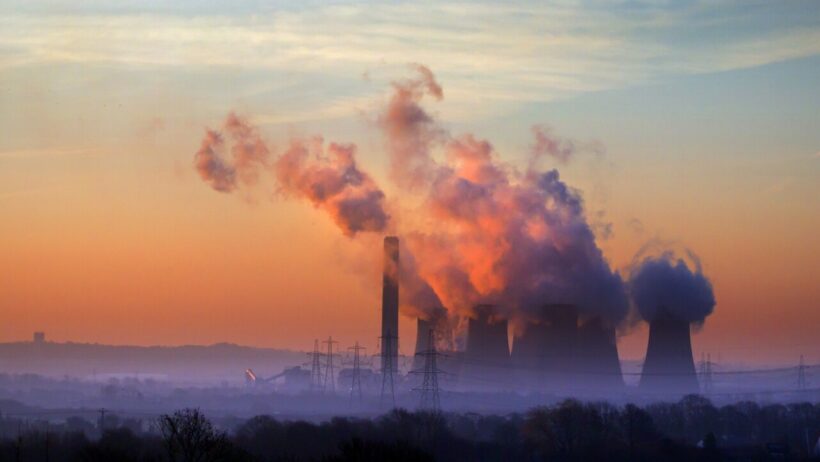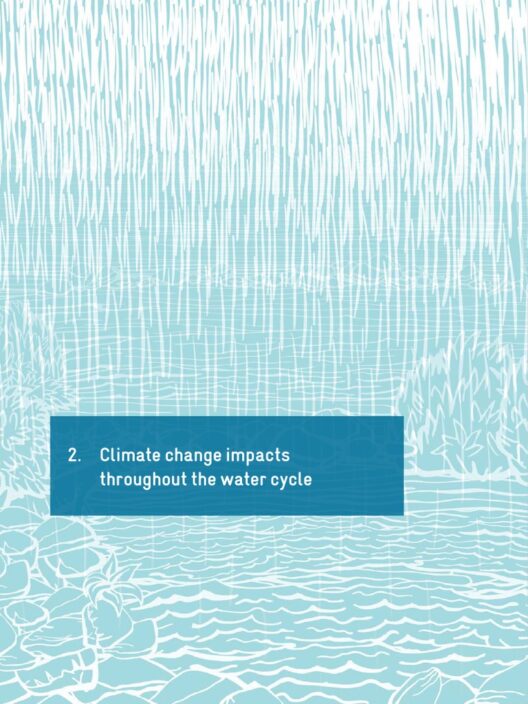In the vast tapestry of human existence, global warming threads itself like a serpentine vine, winding through the heart of civilization. It is a perennial issue, a specter that haunts the discourse surrounding our planet’s future. While some voice skepticism, downplaying its magnitude, the reality is that global warming has been a serious issue for decades—a slow-burning fire that has the potential to engulf ecosystems, economies, and even the very fabric of society.
For many, climate change is an abstract phenomenon, an intangible fright encased in graphs and scientific jargon. Yet, to dismiss its significance is to overlook a powerful truth: our environment is the crucible of our existence. The delicate balance we tread upon has been disrupted, and the consequences reverberate through the ages. Over the past century, average global temperatures have increased alarmingly, leaving a trail of disruptions in their wake. From glaciers retreating in agonizing farewell to historical droughts morphing landscapes, these changes are no longer whispers in the wind; they are resounding alarms.
The climate, much like a finely tuned orchestra, relies on various components harmonizing to create a stable environment. The rising levels of greenhouse gases, primarily from human activities such as fossil fuel combustion, are akin to an off-key note that disrupts the entire symphony. Just as a single dissonant sound can sour a beautiful melody, the small yet relentless increase in carbon dioxide concentrations has led to havoc in weather patterns and temperatures. The result? Storms that rage with a ferocity rarely seen before, lengthier droughts that lay waste to crops, and floods that can erase entire communities overnight.
To illustrate, one might envision our planet as a vast, complex machine. For years, it has operated smoothly, each part moving in concert to sustain life. But as we have overclocked this machine through relentless industrialization and deforestation, we have introduced wear and tear, resulting in malfunctions that threaten its very operation. Glacial melting, for instance, has been alarmingly accelerated, giving rise not only to rising sea levels but also to the perilous release of previously trapped greenhouse gases—an insidious feedback loop that amplifies the crisis rather than alleviating it.
Yet, the ramifications of global warming extend beyond ecological upheaval. They are, fundamentally, a matter of social justice. The consequences of climate change often exacerbate existing inequalities. Vulnerable populations, those least responsible for the crisis, are frequently the first to bear the brunt of its impacts. Coastal communities, often occupied by marginalized groups, stand at the frontline of rising sea levels, watching their homes and livelihoods vanish. It is a desperate plight—akin to being caught in a relentless tide, unable to find solid ground as the waters rise ever higher.
Moreover, climate change has a way of intertwining with global conflicts. As resources become scarcer—water, arable land, and energy—competition intensifies. Nations find themselves embroiled in disputes that can escalate to violence, reminiscent of a powder keg waiting to ignite. The Arab Spring, for instance, has been linked to climate-induced drought that disrupted agriculture and sparked profound unrest. In this light, global warming becomes not just an environmental issue but a catalyst for geopolitical strife, requiring us to understand it within a much broader context.
The narrative of human innovation is one of resilience—seeking solutions amid adversity. Indeed, humanity possesses the capacity to mitigate and adapt. The green revolution, driven by technological advancement, offers glimpses of hope. Renewable energy sources such as solar, wind, and hydroelectric power represent palliative remedies to the destructive allure of fossil fuels. Transitioning to these alternatives can help extricate society from the chains of carbon dependency, reshaping the energy landscape for generations to come.
Innovative practices in agriculture can return vitality to degraded soils, replenishing ecosystems from the ground up. Agroecology, permaculture, and regenerative farming are not merely buzzwords; they are pivotal strategies for creating sustainable food systems that exist in harmony with nature. As such, we must envision a future where human activity regenerates rather than depletes, where every seed nurtured in the soil contributes to a flourishing planet.
The discourse surrounding climate change is also rapidly evolving, becoming more intersectional and inclusive. Engaging local communities, particularly Indigenous populations who have stewarded the land for millennia, provides invaluable insights into sustainable practices and highlights the cultural significance of land. Listening to these voices recognizes not only their right to be heard but also acknowledges the wisdom that resides in traditional ecological knowledge, pointing toward pathways of coexistence that modernity often overlooks.
As stewards of this Earth, we bear a collective responsibility. The proverbial torch has been passed to us, and how we choose to carry it will dictate the legacy we leave behind. We must embrace the leaden weight of this issue, unflinchingly tackle the thorny politics of climate change, and demand accountability from those in power. Beyond the rhetoric lies an urgent call to action—time is a luxury we no longer possess. Without decisive measures now, the specter of global warming will transmute into a reality that may be irrevocable.
In summation, global warming is an intricate web of challenges, an existential threat woven into the very fabric of life. It is not a fleeting debate, nor will it vanish into the annals of history. Instead, it burgeons into an urgent dialogue demanding our focus, ingenuity, and determination. The fight against climate change is not merely an environmental cause; it is a fundamental struggle for justice, equity, and the survival of our planet. As we navigate the impenetrable depths of this crisis, let us not lose sight of the horizon where hope and action converge. The time to rise and safeguard our collective future is now.







